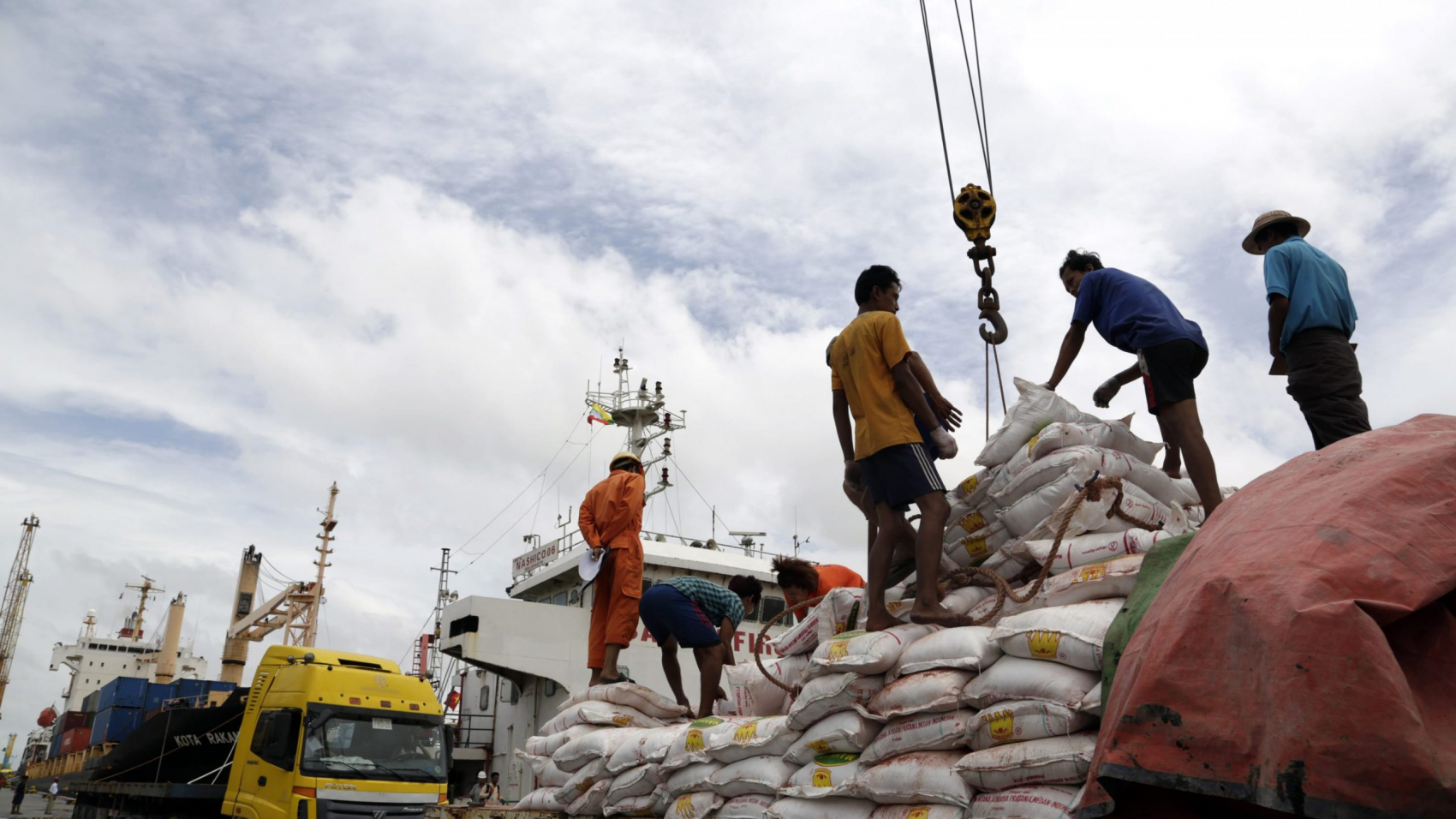Myanmar imported about 60,000 tonnes of fertilizer worth US$31.075 million in January 2023, according to the Ministry of Commerce. Myanmar imported over 40,000 tonnes from China, over 7,800 from Thailand, about 5,000 from the UAE, over 2,500 from the Republic of Korea, over 600 from the US, over 500 from Uzbekistan, over 400 from Viet Nam, about 400 tonnes from Japan, over 300 from Laos, 80 from Malaysia, over 10 each from India and Indonesia respectively by sea.
The export volume was down by over 43,000 tonnes compared to that recorded in December 2022. Meanwhile, the country imported over 8,600 tonnes of fertilizer worth $3.02 million through a cross-border channel last month, with about 4,500 tonnes from China, over 620 from Thailand and over 3,000 from India.
The prices of fertilizer moved in the range between K72,000-162,500 per 50-kilogramme bag depending on the brand (Myanma Awba, Thai Grow How, Pale, MPE and Thai Myinpyan) and types of fertilizer in the last week of January 2023. The prices remained unchanged in early February. Additionally, the prices of Malarmyaing brand Cypermethrin 10 per cent insecticide 100 cc and 500 cc were K3,100 and K13,800 per bottle.
Source: The Global New Light of Myanmar

